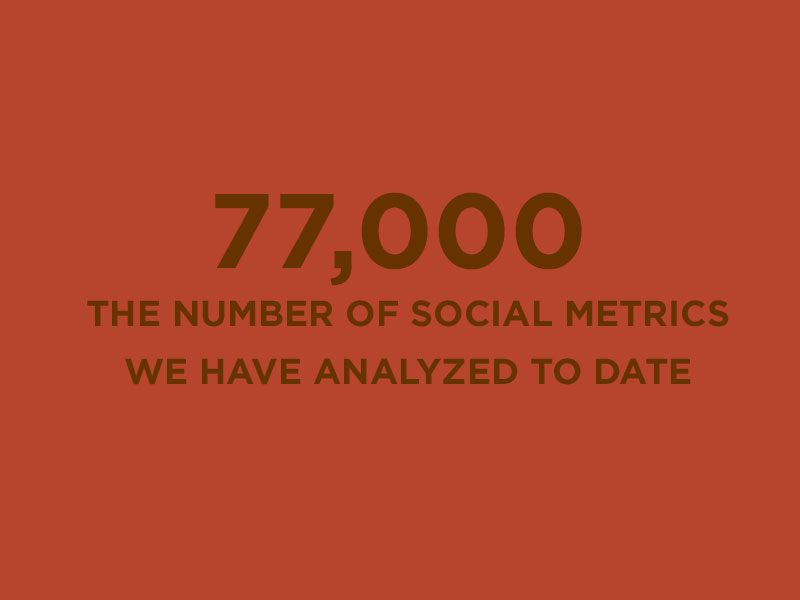
In these times, Internet and remote work have appeared as the saviour for thousands of companies in ensuring the uninterrupted continuation of business operations and have accelerated the move towards a digital economy. Yet, like many other solutions presented against Covid- 19, this too leaves vulnerable groups behind.
Even though the Internet has become a public good, telecommuting is an option primarily for people with resources and skilled jobs. Due to low digital literacy, lack of a computer or internet connectivity at home, and ultimately the nature of their occupations, lower skilled workers have not been able to transition to remote online work.
The World Bank has estimated that as a result of the coronavirus threat, 49 million people will be pushed into extreme poverty. It is no surprise that with telecommuting becoming popular, the low- skilled devoid of such knowledge and opportunity have been left to fend for themselves.
This is where Humans in the Loop, a social enterprise based in Bulgaria, is working to make a difference and ensure that the vulnerable communities not only have access to remote jobs but also remain relevant in the new economy.
Founded in 2017, Humans in the Loop (HITL) has built a workforce of refugees and displaced persons working hand in hand with artificial intelligence. With 250 people in Bulgaria, Turkey, Syria and Iraq, HTL has a community of conflict-affected people working to power exciting applications of AI through dataset collection, annotation, and verification.
Workers receive training and remote work tasks which are very easy and accessible and their work is used in computer vision applications by HITL clients such as Daedalean, Alcatraz.ai, Imagga and more.
Besides displaced persons, the model has emerged as a fitting job opportunity for people looking to earn money from home such as stay-at-home parents or caretakers for other family members. HITL is now struggling to respond to all incoming inquiries by people from around the world, and to ensure none of its own workforce is left behind.
A problem that was most acutely felt by conflict-affected people is now affecting many more people and HITL is looking into ways to expand and replicate its model to help other organisations assist individuals at risk, as well as to collaborate more closely with an ecosystem of similar organisations, such as Transformify, Paz.ai, Taqaddam, Natakallam, WorkAround Online, etc.
Iva Gumnishka is CEO at Humans in the Loop.
Namrata Yadav is an intern at Humans in the Loop.










